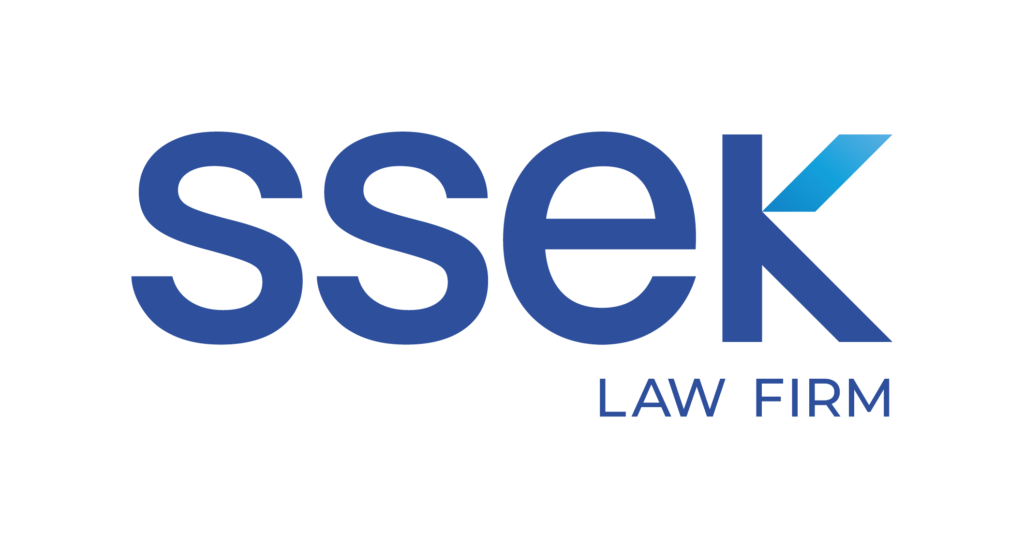How Foreign Investors Can Establish A Business In Indonesia: A Legal Guide.
Since the introduction of reforms in 2018 aimed at improving the investment climate, Indonesia has streamlined the foreign investment process significantly. Foreign investors are no longer required to obtain specific government authorization prior to establishing their business, aside from the necessary approvals mandated by regulatory bodies in certain highly regulated sectors.
Subject to shareholding restrictions imposed by regulatory frameworks (as detailed below), foreign investment is conducted in a manner akin to domestic enterprises, namely through the incorporation of a limited liability company (Perseroan Terbatas Penanaman Modal Asing, or PT PMA). The incorporation of a PT PMA follows the same procedural requirements, including the approval from the Minister of Law and Human Rights (MOLHR), now referred to as the Minister of Law (MOL).
Restrictions on Foreign Shareholders
Indonesia’s investment regime remains generally open to foreign shareholders, subject to certain limitations depending on the industry. The extent of allowable foreign ownership is primarily governed by the so-called Investment List, which outlines sectors that are restricted or fully closed to foreign investment. Foreign investors are permitted to hold shares in Indonesian companies unless specific regulations prohibit or limit their involvement in certain sectors.
Restrictions on Acquisition of Shares
Foreign investment can be conducted either by establishing a new company or by acquiring the shares of an existing company.
Specific Industries
Restrictions on foreign shareholders are delineated in the Investment List, the most recent iteration of which is contained in Presidential Regulation No. 10 of 2021, as amended by Presidential Regulation No. 49 of 2021 on Capital Investment Business Lines (PR 10/2021, as amended). PR 10/2021, as amended, specifies the sectors in which investment by Indonesian and foreign nationals is either prohibited or subject to restriction.
In addition to PR 10/2021, as amended, the relevant laws and regulations governing specific business sectors must be consulted to determine whether a particular area is open to foreign investment, and if so, whether a PT PMA formed to engage in such business activities may be wholly or partially foreign owned. However, generally, if a business sector is not listed in PR 10/2021, as amended, it is open to 100% foreign investment without restriction.
The Investment List further prescribes limitations on foreign ownership, such as establishing maximum thresholds for foreign shareholding or requiring collaboration with small- or medium-sized enterprises.
The Investment List is organized according to the business activities described in the Indonesian Business Fields Classification (Klasifikasi Baku Lapangan Usaha Indonesia, or KBLI) issued by Indonesia’s Central Statistics Body (Badan Pusat Statistik, or BPS). A PT PMA may operate under multiple KBLI codes, except where otherwise restricted by the applicable laws and regulations.
Excerpted from Doing Business in Indonesia, published by Thomson Reuters Practical Law.
This publication is intended for informational purposes only and does not constitute legal advice. Any reliance on the material contained herein is at the user’s own risk. All SSEK publications are copyrighted and may not be reproduced without the express written consent of SSEK.







